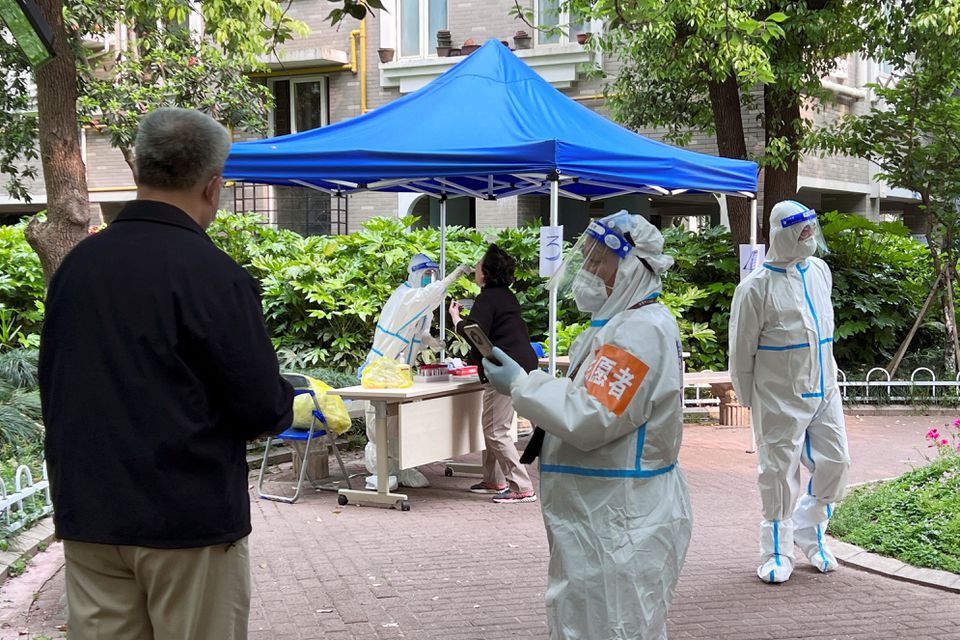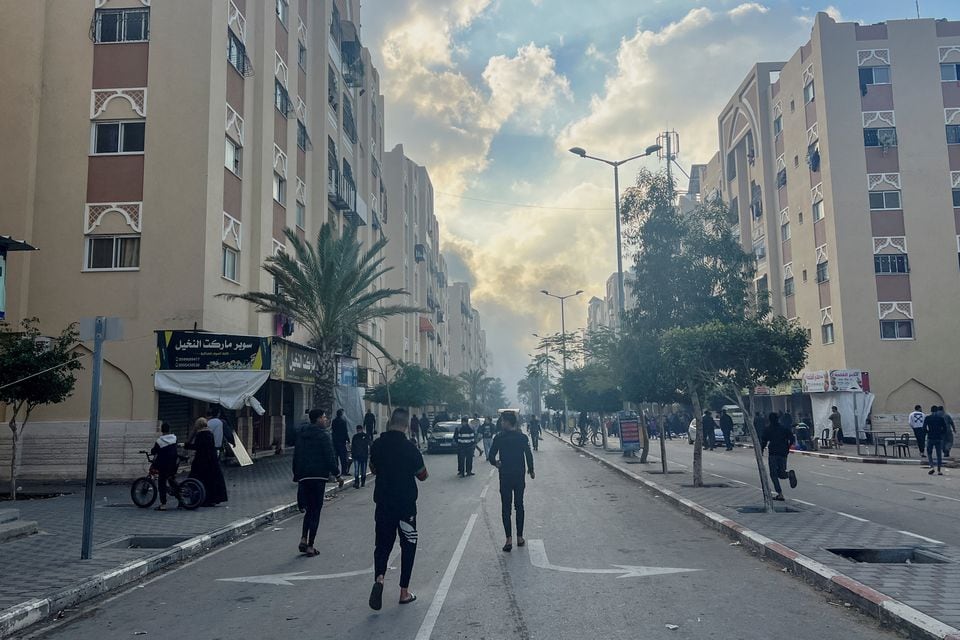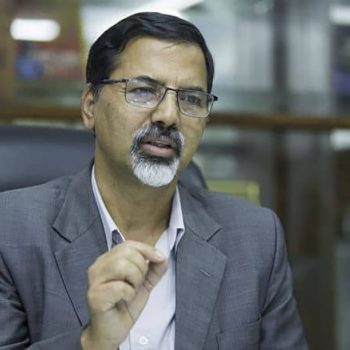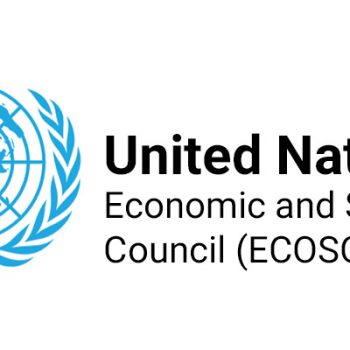No let-up in Shanghai’s lockdown as infections trend lower
 NepalPress
NepalPress

Stiffening resolve after three weeks of strict lockdown, authorities warned Shanghai’s 25 million frazzled residents on Friday that their purgatory would go on until the COVID-19 virus was eradicated neighbourhood by neighbourhood, Reuters reported.
Offering a glimmer of light, the city government said on its official WeChat account that infections were showing a “positive trend” and that life could return to normal soon as long as people stuck to strict rules to curb the spread of COVID-19.
Yet some Shanghai districts tightened restrictions on movement, and even in neighbourhoods that met criteria for people to be allowed to leave their homes officials ordered them to stay put, fraying nerves in families who have endured weeks of isolation.
“Our goal is to achieve community zero-COVID as soon as possible,” the government said, referring to a target to stamp out transmission outside quarantined areas.
“This is an important indication that we win this major, hard battle against the epidemic …so that we can restore normal production and life order.”
Shanghai locked virtually all of its 25 million people into their homes at the start of April after infections began to surge. Residents have faced income losses, family separations and difficulty meeting basic needs.
Health officials raised hopes for some return to normal by saying transmission had been curbed, only for city officials to pour cold water over such expectations as the highly-transmissible Omicron variant has proven hard to eliminate.
Late on Thursday, Shanghai announced a new round of “nine major” actions, including daily city-wide testing from Friday, minimising people movement and accelerating transfers to quarantine centres.
Videos circulated widely on Chinese social media this week of busloads of people being taken to quarantine, at times outside Shanghai.
Some residents complain that isolation orders are issued en masse and indiscriminately for the sake of speed and efficiency, with little consideration for individual circumstances. City authorities urged people to cooperate with their painful measures to make sure the progress so far is not lost.
Resident Zhang Chen, 30, told Reuters her four-year-old son and his 84-year-old grandmother were taken to quarantine on Sunday, along with her in-laws and she was worried the poor conditions in the facility may affect their health.
She said meals lack nutrition – breakfast is two slices of toast; the building is dusty and only partly renovated; there are no showers; and there are too few toilets.
“They are patients, not criminals. But here it’s like they’re criminals, and being sent off to suffer,” Zhang said.
The Shanghai government did not immediately respond to a request for comment.
The Chinese financial hub reported 15,698 new local asymptomatic coronavirus cases, down from 15,861 a day earlier.
New symptomatic cases stood at 1,931, down from 2,634.
There were 250 new cases outside quarantined areas, down from 441 the day before. There is particular focus on cases outside quarantined areas as those could be the first places where restrictions are relaxed, if Shanghai follows the pattern of other cities that have been under lockdown.
Eleven people infected with COVID-19 died in Shanghai on April 21, authorities said, taking the tally to 36 — all recorded in the past five days.
But there are doubts over the official toll, as many residents have said that a family member had died after catching COVID-19 since early March, but cases had not been included in official statistics.
The Shanghai government did not respond to questions on the death toll.
Businesses are beginning to reopen, though they have to operate under “closed loops,” which entail living on site, daily testing and rigorous disinfection.
Beijing last week published a list of 666 firms in Shanghai prioritised to reopen or keep operations going and the Shanghai government said on Friday 403 were doing so as of April 20, citing U.S. automaker Tesla as an example.
Factories, however, face reduced trucking availability, fractured supply chains and a shortage of labour, and are far from resuming full production, economists say.














